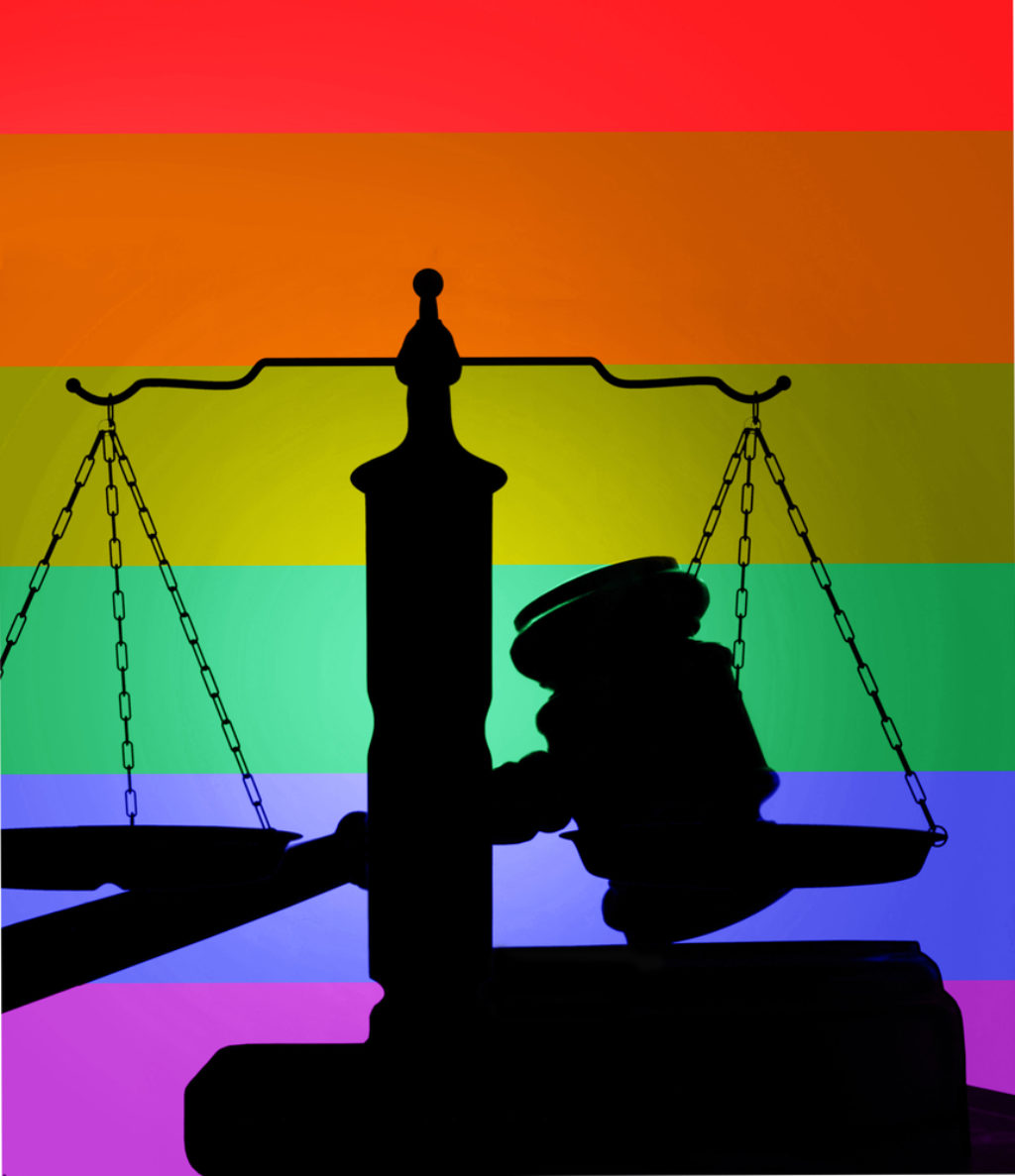Yesterday, the Ohio House of Representatives approved a preposterous and unnecessary bill to “protect pastors” from having to perform same-sex wedding ceremonies.
Crucially, the bill also grants religious societies these same protections, so a Knights of Columbus lodge, for example, that is rented to the public may now be denied for marriage celebrations if the marriage in question does not conform to the society’s “sincerely held religious beliefs.”
The bill is redundant, given that pastors already enjoy the right to marry, and deny marriages, to whomever they wish, in accordance with their beliefs. That right is enshrined in the First Amendment to the United States Constitution.
While “free speech” has received top billing in the era of Corey Lewandowskiand Richard Spencer, the First Amendment also says that the government shall make no law “respecting an establishment of religion, or prohibiting the free exercise thereof.” (The press, the right to assemble and the right to petition the government are likewise protected.)
So the pastors are already good. They’re fine. They need no additional protection of this sort. And some legislators and religious leaders are calling the bill out for what it is.
Rev. Dwight Davidson, of the United Church of Granville, told the Columbus Dispatch that he believed the bill was a “farcical” “piece of public pouting,” and that it was being used to “amplify an exaggerated narrative that America’s Christian culture is somehow under attack.”
While the Bill passed 59-29, split pretty much down party lines, a handful of Republicans voted against the bill.
In response to what Democratic opponents correctly identifed as a “discriminatory bill,” Rep. Janine Boyd, a Democrat from Cleveland Heights, tried to introduce an amendment that would add to the bill the language from Rep. Nickie Antonio’s “Ohio Fairness Act,” which would bar discrimination based on sexual orientation and gender identity in areas of employment, housing and public accommodations.
That effort failed. According to a statement from Boyd and Antonio, before Boyd could introduce the Fairness Act amendment, state Rep. Bill Seitz (R-Cincinnati) introduced an amendment that “doubled down on discrimination” by giving priority to protecting pastors if a conflict arises between pastor protection and the public accommodations law.
Read the full story at Cleveland Scene



